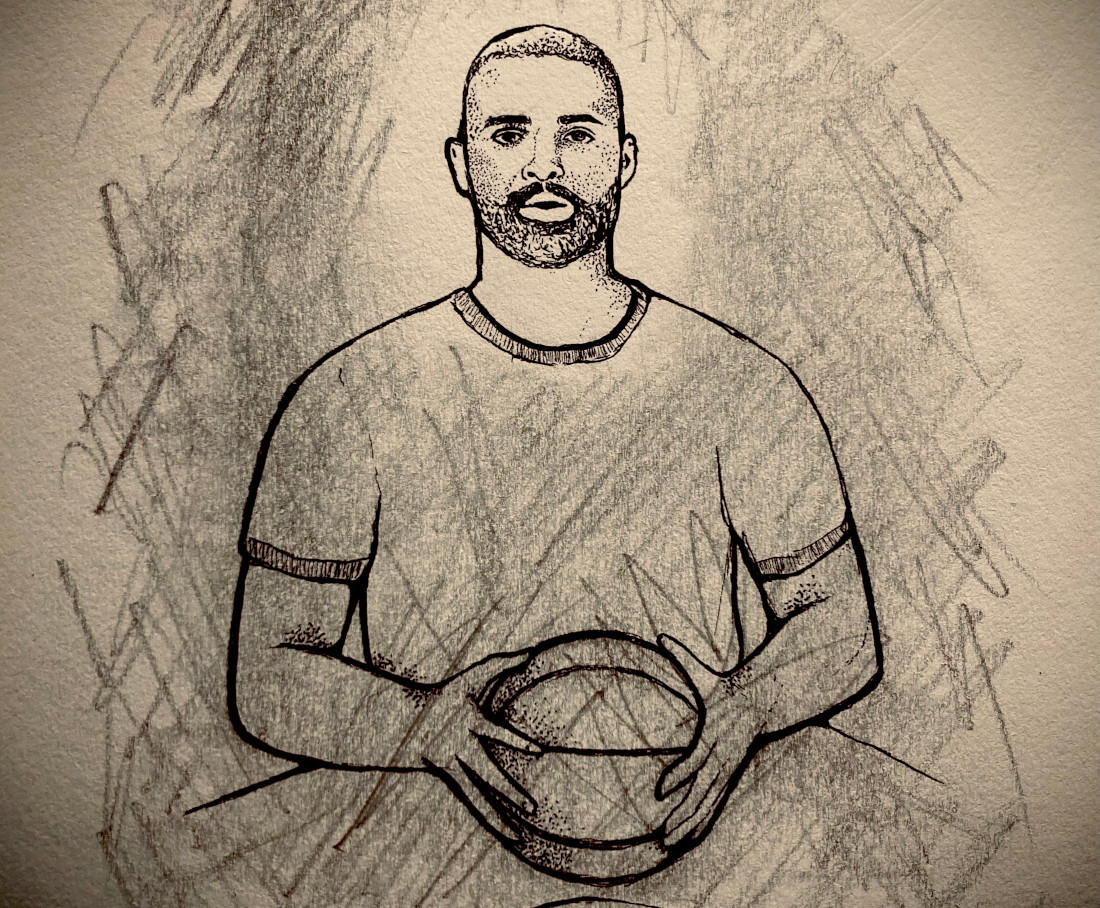‘Made to feel complicit’
Pro sports teams fail women employees, often before they’re hired
In a boardroom of about 20 prospective interns, I learned the first rule of sports media: don’t look down in the locker room. The seasoned professional chairing our meeting addressed us all, but she directed her comments to the women.
Wandering eyes or glances held a beat too long could be interpreted as interest, desire, consent. We’d learn to trust our instincts and the few athletes who stayed fully dressed for post-game interviews, she said.
I remembered her warnings when, a few months later, a team official told me pointblank during a front-office job interview that he wouldn’t tolerate my sleeping with players. I never asked whether player signings hinged on similar agreements.
My contract may have included a fraternization clause or policy. Many organizations now formally outline rules for maintaining professional, appropriate work relationships, including sports teams and leagues.
In mid-September, the NBA’s Boston Celtics suspended coach Ime Udoka for the entirety of the 2022-23 season for violating such team policies.
“One person briefed on the matter who was not authorized to speak publicly about it said Udoka had an inappropriate relationship with a female team employee,” the New York Times reports.
The Celtics organization originally believed this relationship was consensual. However, according to The Athletic, unnamed “sources said that the woman recently accused Udoka of making unwanted comments toward her — leading the team to launch a set of internal interviews.”
Media coverage of the decision focuses on what ESPN calls a “largely unprecedented” suspension for a sitting head coach and centres Udoka’s coaching success and promise, instead of his alleged misconduct. Fans, rather than show outrage about Udoka or his replacement (Joe Mazzulla, who, as a college athlete, pleaded guilty to assaulting a woman at a bar), flooded social media with speculations about the unnamed Boston employee’s identity.
I don’t know this woman’s name, let alone anything about who she is as a person. But I likely know how she feels.
In Lisa Moore’s novel This is How We Love, one character describes how a customer assaulted her at work as “not a touch exactly,” but “a brush with the back of the hand.” Onlookers would see a joking, friendly gesture, “like she was one of the guys.”
“But he knew, the guy knew, it meant she couldn’t say anything, couldn’t make a big deal over it,” the character explains. She was “made to feel complicit.”
It’s been almost a decade since a mentor counselled me to avoid certain sightlines in locker rooms. Seven years since a potential employer warned me not to sleep with players. Six since two of those players assaulted me in team hotels while on the road.
It took me almost that long to realize I wasn’t complicit, no matter where I stayed, what I wore or how much I drank those nights. I couldn’t shake those first lessons that taught me athletes’ actions could be, were my fault.
Assault and abuse allegations echo through the sports world in a “constant drumbeat,” columnist Kurt Streeter writes.
I can’t speak for the woman involved in Udoka’s case, nor the countless others in similar situations who remain unnamed or who haven’t come forward. But I know the lessons, warnings and overwhelming burden of complicity can sometimes sound even louder. If only the sports world would listen.
A former sports broadcaster, Danielle Doiron is now a writer, editor and educator. Find them in Winnipeg, Philadelphia, Fargo and, occasionally, on the airwaves.
Published in Volume 77, Number 05 of The Uniter (October 6, 2022)







